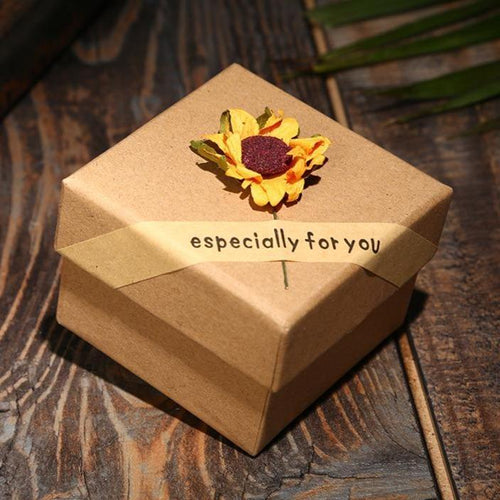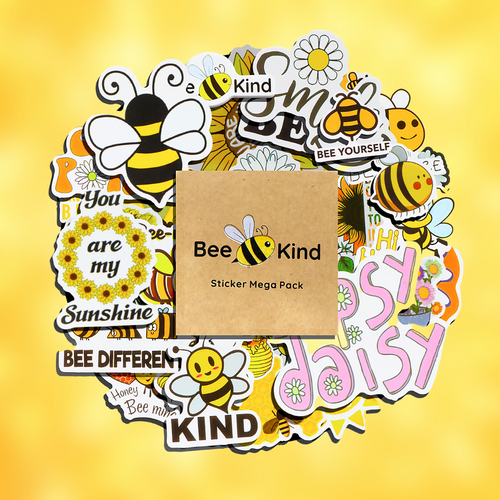If you are into beekeeping, then you probably have already heard about Asian Hornets. But let us remind you:
In late 2019 two Asian giant hornets – a species not known to occur in North America – were found in northwest Washington state, and a hornet colony was found and eliminated in British Columbia. On Oct. 24, 2020, entomologists ( scientists who study insects) found a nest of the hornets in Blaine, Washington, on the U.S.-Canadian border, which they destroyed two days later. Now scientists are trying to determine whether more of these large predatory insects are present in the region.
What are the Asian Hornets?
The Asian giant hornet (Vespa Mandarinia) is fairly common in many parts of Asia, where it is called the “Giant Hornet”.
The hornets are native to the Asian seaboard, stretching from Russia’s Far East to the tropics. These insects are large and distinctive, with a characteristic orange head and black-banded orange body. Like any other social wasp, they will defend their nest if the colony is disrupted.
They are found inhabiting higher altitude forests in both temperate and tropical areas, where there is plenty of food and suitable places to build a nest. The nest is founded by a fertilized female (known as the queen). Wasp nests contain a series of single cells which together create the well-known honeycomb affect.
Asian giant hornets are sociable insects, working together within the colony to forage for food, growing the size of the nest and caring for the young. They are known as workers but they do not reproduce, as that is the job of the queen.

Why are the Asian Hornets considered dangerous?
Asian giant hornets are known for their fearless and extremely aggressive attitudes, and they seem to favor one animal in particular, the honey bee.
A single murder hornet can kill up to 40 honey bees a minute and it only takes a few hornets to completely decimate an entire colony of honey bees in short order. Asian giant hornets like to feed the honey bee larvae to their own young and are known to completely destroy whole bee hives in the process. Giant hornets have longer stingers than a honeybee’s, and moreover hornets do not break off their stingers when they sting. Because hornet stingers can puncture thick clothing, people should avoid hornets and their nests whenever possible. But in most cases they will not do anything if people aren’t aggressive towards them.

How to prevent the attacks of the Asian Hornets on your honeybees?
To prevent the catastrophic attacks of Asian hornets on European honeybees, it is important to carefully inspect the areas around the beehives in order to locate their nests.
In Japan, beekeepers surround their hives with wire screen nets to protect them from hornets. North American beekeepers can replicate these with wire netting from local hardware stores.
The easiest prevention method is utilizing special equipment such as "ApiShield", which prevents Asian hornets from getting into contact with European honeybees. This piece of equipment essentially lures the hornets into a trap within the bottom of the beehive. The trap acts as a base for the hive and has a modified front entrance for EHB. Right alongside the EHB entrance are decoy side entrances for Asian hornets and other flying beehive pests.
When the hornets enter the hive by the decoy entrances, they become trapped in the false bottom where they dehydrate and ultimately die. The beekeeper only has to remove the dead hornets regularly to keep the shield clean.
There are multiple environmentally-friendly products that can help control Asian hornets. They are completely natural and specifically formulated not to attract bees, so they won’t put the hive at risk. For safety purposes, it is better to hire a professional pest control company to remove Asian hornet nests to avoid provoking them.
Sources:
1. Honey Flow
2. Earth Sky
3. A-Z Animals
A portion of every purchase at Bee Kind Shop is donated to non-profit organizations that help save bee colonies around the globe.











